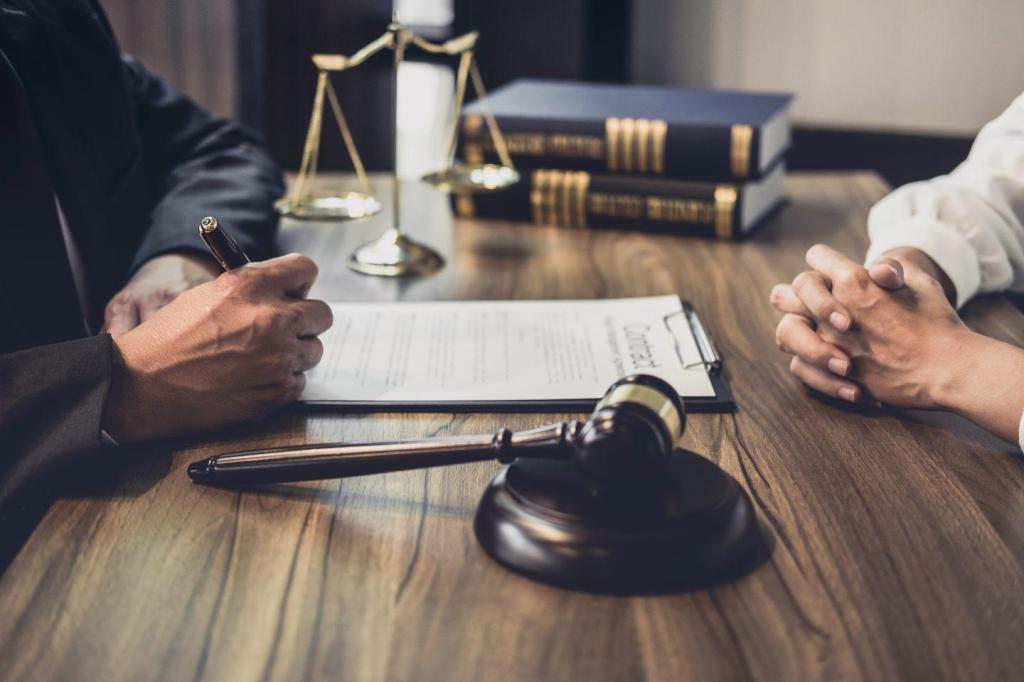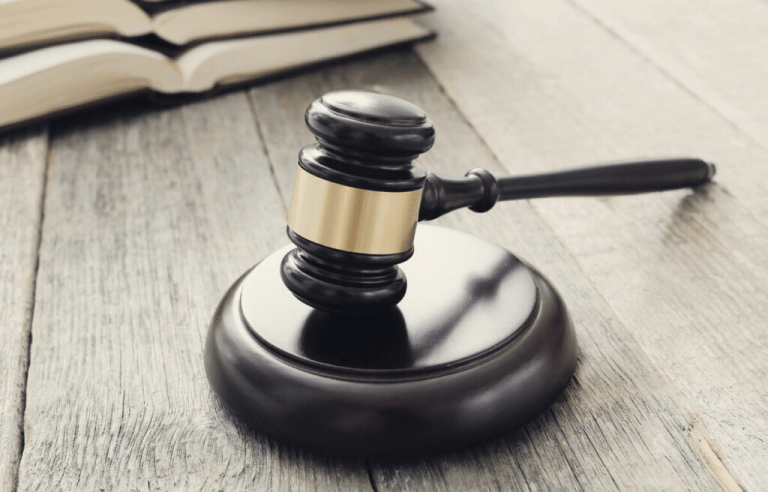
In the arena of legal battles, where disputes are waged and justice sought, litigation attorney stand as steadfast defenders, entrusted with the solemn duty of advocating for their clients’ interests. This intricate role encompasses a myriad of responsibilities and ethical obligations that shape the course of legal proceedings. This article delves into the multifaceted duties of litigation lawyers as defense, unraveling the tapestry of their role and the impact they wield within the realm of law.
An Overview of Duties Litigation Lawyers
At the heart of their role, duties litigation lawyers shoulder a comprehensive set of responsibilities that span from meticulous case analysis to strategic courtroom maneuvers. These duties not only reflect the essence of their profession but also uphold the pillars of justice and fair representation.
Rigorous Case Analysis and Preparation
The foundation of effective defense lies in the thorough analysis and preparation of the case. Litigation lawyers delve into the minutiae of legal documents, evidence, and statutes to craft a comprehensive understanding of the matter at hand. This analytical prowess empowers them to identify strengths, weaknesses, and potential avenues for defense.
Strategic Duties Litigation Lawyers Counsel
Guiding clients through the intricate labyrinth of legal proceedings requires strategic acumen. Litigation lawyers provide astute counsel, advising clients on potential risks, outcomes, and courses of action. This strategic partnership empowers clients to make informed decisions that align with their legal objectives.
Fierce Advocacy in Courtroom Proceedings
The courtroom serves as the battleground where the prowess of litigation lawyers truly shines. Armed with eloquence and legal expertise, they engage in fierce advocacy, presenting arguments, cross-examining witnesses, and scrutinizing evidence. Their role as zealous advocates ensures that clients’ voices are heard and their rights vigorously defended.
Ethical Obligations and Professional Conduct
The realm of law is governed by a code of ethics that guides the conduct of legal professionals. Litigation lawyers are bound by these ethical obligations, ensuring that their actions uphold the principles of integrity, fairness, and honesty. This commitment to ethical conduct is not only a legal requirement but a moral imperative.
Duties Litigation Lawyers Negotiation and Settlements
While courtroom battles capture attention, litigation lawyers also play a pivotal role in negotiations and settlements. They engage in constructive dialogue with opposing parties, seeking avenues for resolution outside the courtroom. This pragmatic approach can expedite outcomes and preserve valuable resources.
Diligent Research and Analysis of Duties Litigation Lawyers
Effective defense hinges on a solid foundation of research and analysis. Litigation lawyers delve into legal precedents, statutes, and case law, harnessing these resources to construct compelling arguments and counterpoints. This diligent research arms them with the tools necessary to navigate legal complexities.
Skills of Duties Litigation Lawyers
The role of duties litigation lawyers extends beyond legal prowess; interpersonal and communication skills are paramount. They interact with clients, judges, witnesses, and opposing counsel, conveying complex legal concepts with clarity and empathy.
Legal proceedings are marked by fluidity and unpredictability. Litigation lawyers must possess the agility to adapt to evolving circumstances, pivot strategies, and make real-time decisions that safeguard their clients’ interests.
As guardians of justice, litigation lawyers often find themselves navigating intricate ethical dilemmas that arise in the pursuit of their duties. Striking a delicate balance between zealous advocacy and ethical constraints is an inherent challenge they must navigate with discernment and integrity.
Conclusion
In the realm of legal defense, the duties of litigation lawyers form the pillars upon which the edifice of justice rests. Their role extends beyond legal expertise; it encompasses ethical obligations, strategic acumen, and unwavering dedication to their clients’ cause. As they navigate the intricate tapestry of legal proceedings, these stalwart defenders uphold the principles of fairness, uphold the principles of fairness, accountability, and the pursuit of truth. The resounding impact of their duties reverberates through courtrooms, shaping outcomes and preserving the integrity of the legal system.






